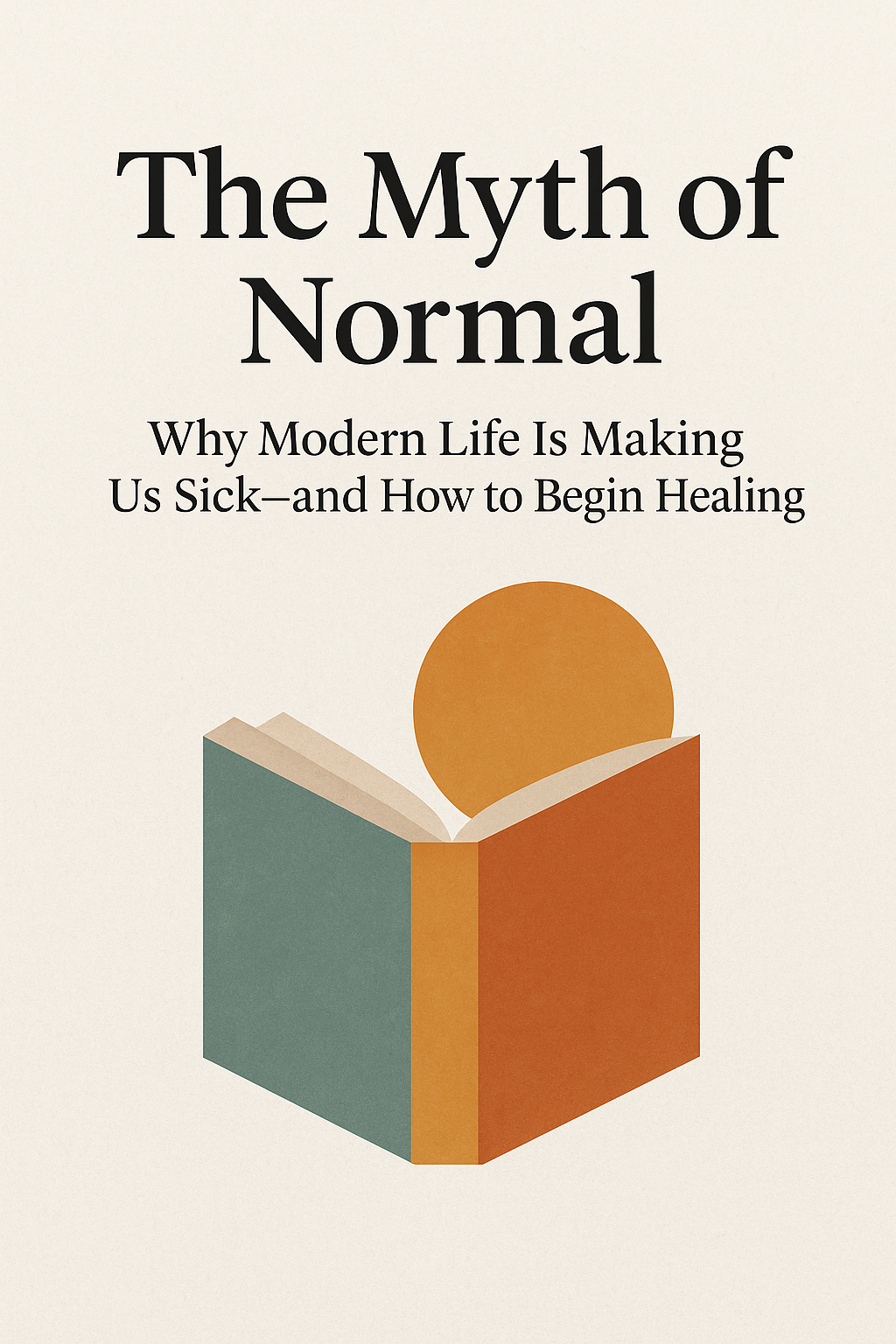
By Dr. Vivek G. Vasoya, MD
In our culture, stress, anxiety, burnout, and even chronic illness are often accepted as part of “normal life.” We wear exhaustion like a badge of honor. We push through emotional pain and call it strength. We praise productivity and overlook personal well-being.
But what if this version of “normal” is the problem?
In The Myth of Normal, renowned physician and trauma expert Dr. Gabor Maté makes a compelling case: much of what we accept as normal in modern society is, in fact, deeply unnatural to our minds and bodies. As a psychiatrist and public mental health educator, I believe this message urgently needs to reach more people.
Illness Is Not Random—It’s a Response
We tend to view illness—mental or physical—as a malfunction. But Dr. Maté flips this idea. He explains that many forms of suffering are not signs of personal weakness or bad luck; they are the body and mind adapting to an unhealthy environment.
Think of it this way:
Chronic stress is not just “too much work”—it’s a body stuck in survival mode.
Depression is not laziness—it’s often the nervous system shutting down after years of emotional suppression.
Addiction is not moral failure—it’s a way of coping with unbearable pain.
Autoimmune disease is not just genetics—it’s the immune system affected by long-term emotional distress.
Our physical and psychological symptoms are often messages—warning signals from a deeper source of disconnection.
Trauma Isn’t Just What Happened—It’s What You Lost
One of Dr. Maté’s most important contributions is redefining trauma. It’s not limited to violence, abuse, or disasters. Trauma can be subtle and still life-altering.
He writes:
“Trauma is not what happens to you, it’s what happens inside you.”
For example:
Growing up with emotionally unavailable parents
Being told to “toughen up” and hide your feelings
Always being expected to achieve, never to rest
These experiences may seem ordinary—but they can cause lasting emotional disconnection, low self-worth, and chronic stress. In this sense, many people are living with unresolved trauma without knowing it.
The Cost of Disconnection
Modern society often pulls us away from what we truly need:
We prioritize performance over authenticity
We value independence over connection
We silence emotions to “keep going”
We disconnect from our bodies, only noticing them when pain or illness appears
In this disconnected state, we become vulnerable—not only to emotional distress but to physical illness. The body keeps score of everything we suppress.
Authenticity vs. Attachment: A Core Conflict
Dr. Maté explains that children face a difficult choice early in life:
Do I stay true to myself, or
Do I adapt to please others, especially caregivers?
Often, we give up authenticity to keep relationships intact. This can lead to:
People-pleasing
Suppressed anger
Anxiety about saying “no”
Difficulty knowing who we really are
In adulthood, these unresolved patterns cause suffering, strained relationships, and burnout. Healing means reconnecting with the parts of ourselves we had to hide.
What Can We Do? The Path Toward Healing
Dr. Maté doesn’t leave us hopeless. His message is not just about identifying the problem, but showing that healing is possible—at any age.
1. Recognize the Real Root
Stop blaming yourself for your pain. Ask:
“What happened to me?”
“What beliefs did I absorb from early life?”
“How am I still living from survival patterns?”
2. Reclaim Your Authentic Self
Start small:
Say what you feel instead of what sounds polite
Honor your boundaries even if others disagree
Make space for rest, play, and quiet
These are not luxuries—they are healing practices.
3. Build Safe, Supportive Relationships
Healing doesn’t happen in isolation. Connection is medicine. Find spaces—therapy, support groups, community—where you can be seen without judgment.
4. Listen to the Body
Symptoms are messages. Chronic fatigue, migraines, digestive issues—these may be signs of emotional overload. Instead of numbing or ignoring them, approach them with curiosity and care.
5. Practice Self-Compassion, Not Self-Blame
We can’t heal by criticizing ourselves. We heal by understanding, forgiving, and gently choosing new paths.
A Call for Public Awareness
As a society, we must stop glorifying busyness, emotional suppression, and toxic independence. We must teach people—starting young—that emotional health matters just as much as physical health.
We need workplaces, schools, and families that make space for:
Emotional expression
Nervous system regulation
Trauma awareness
Mental health without stigma
The Myth of Normal reminds us that being sick in an unhealthy society is not a failure—it’s a wake-up call.
Final Thoughts
We all have trauma, but we also have the capacity to heal.
We all carry patterns, but we can choose to change them.
And while pain may be part of life, suffering doesn’t have to be permanent.
Let’s stop asking people to “get back to normal.”
Let’s create a new normal—one that is rooted in authenticity, compassion, and connection.
Dr. Vivek G. Vasoya, MD
Psychiatrist | Mental Wellness Advocate | Public Educator

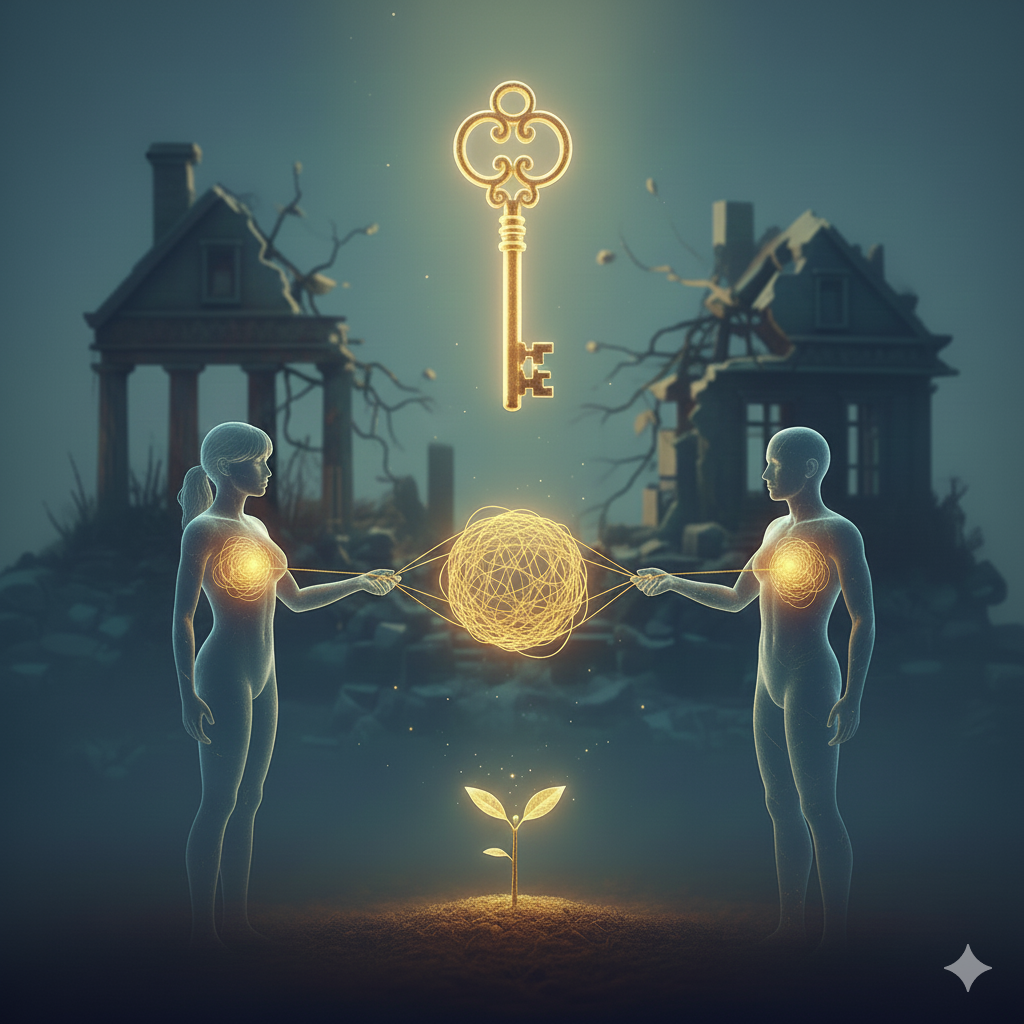
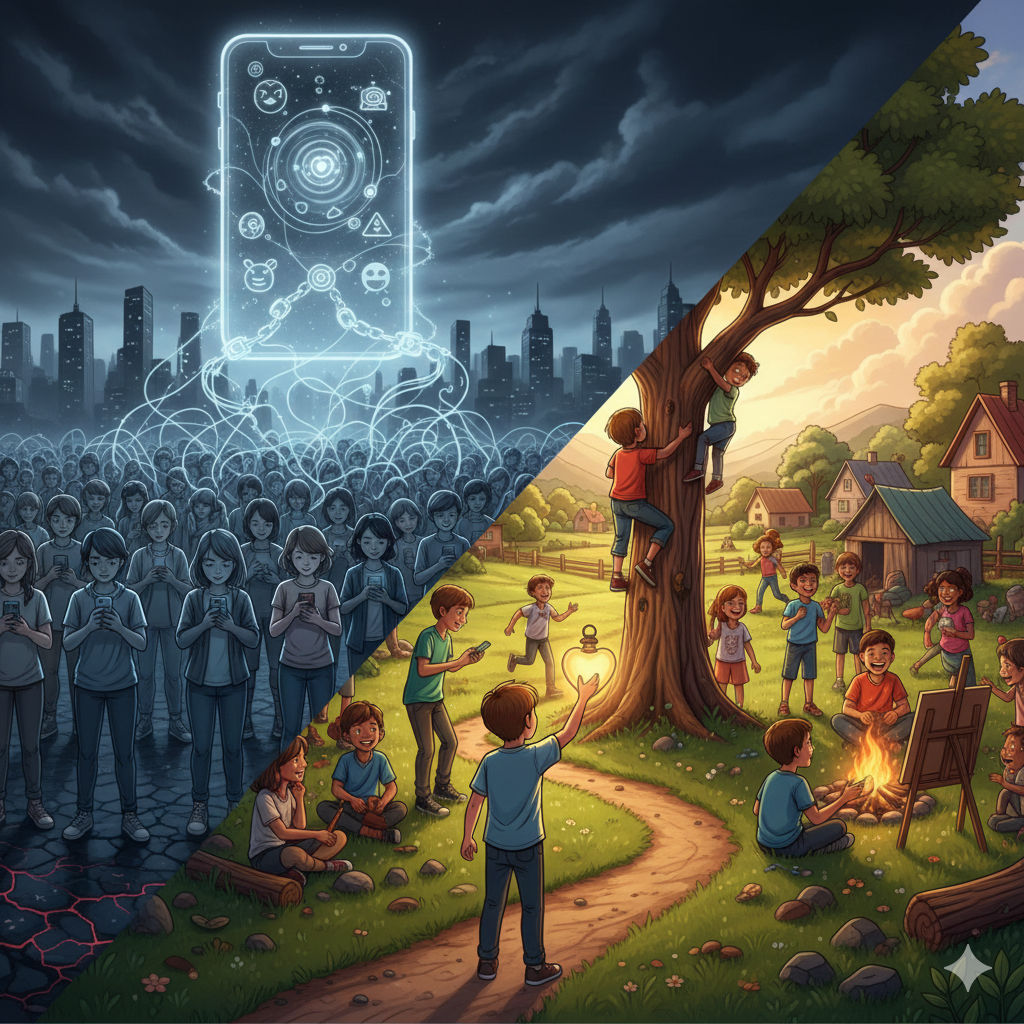
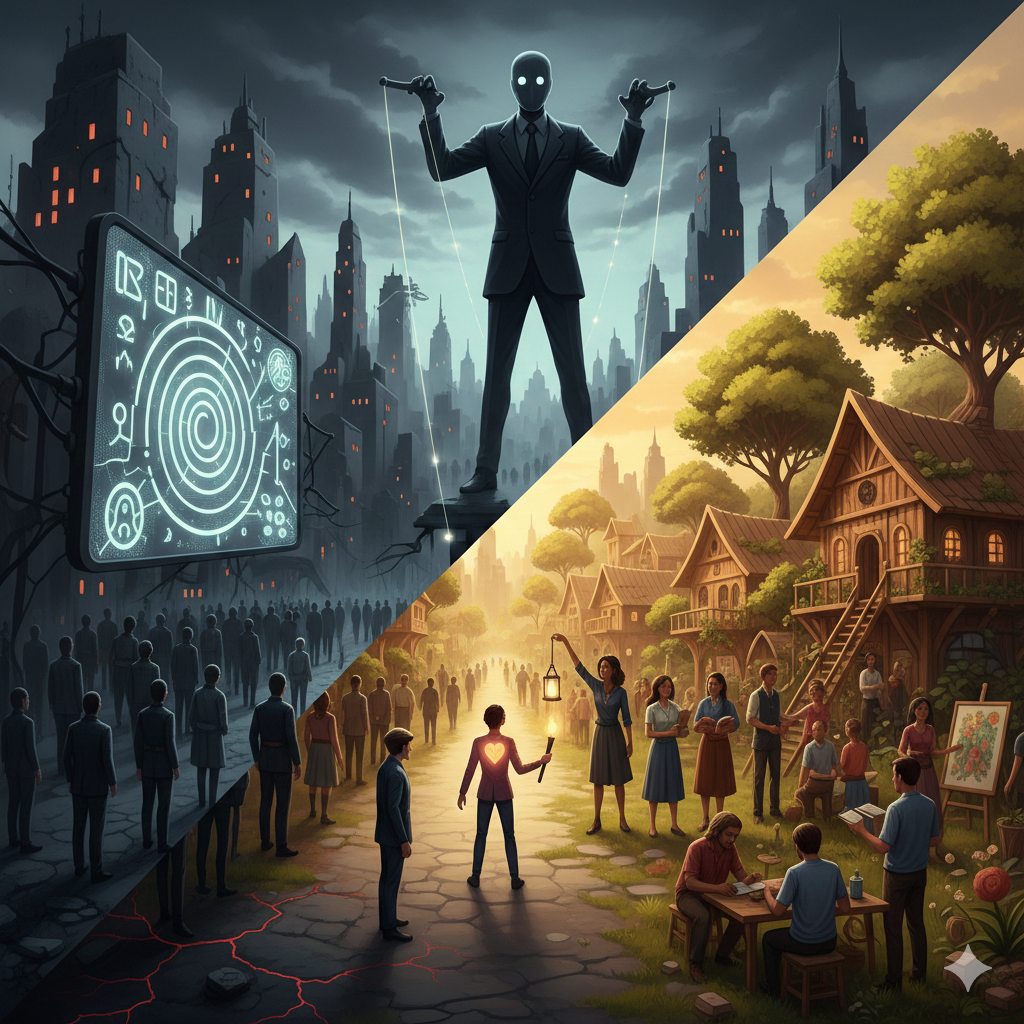

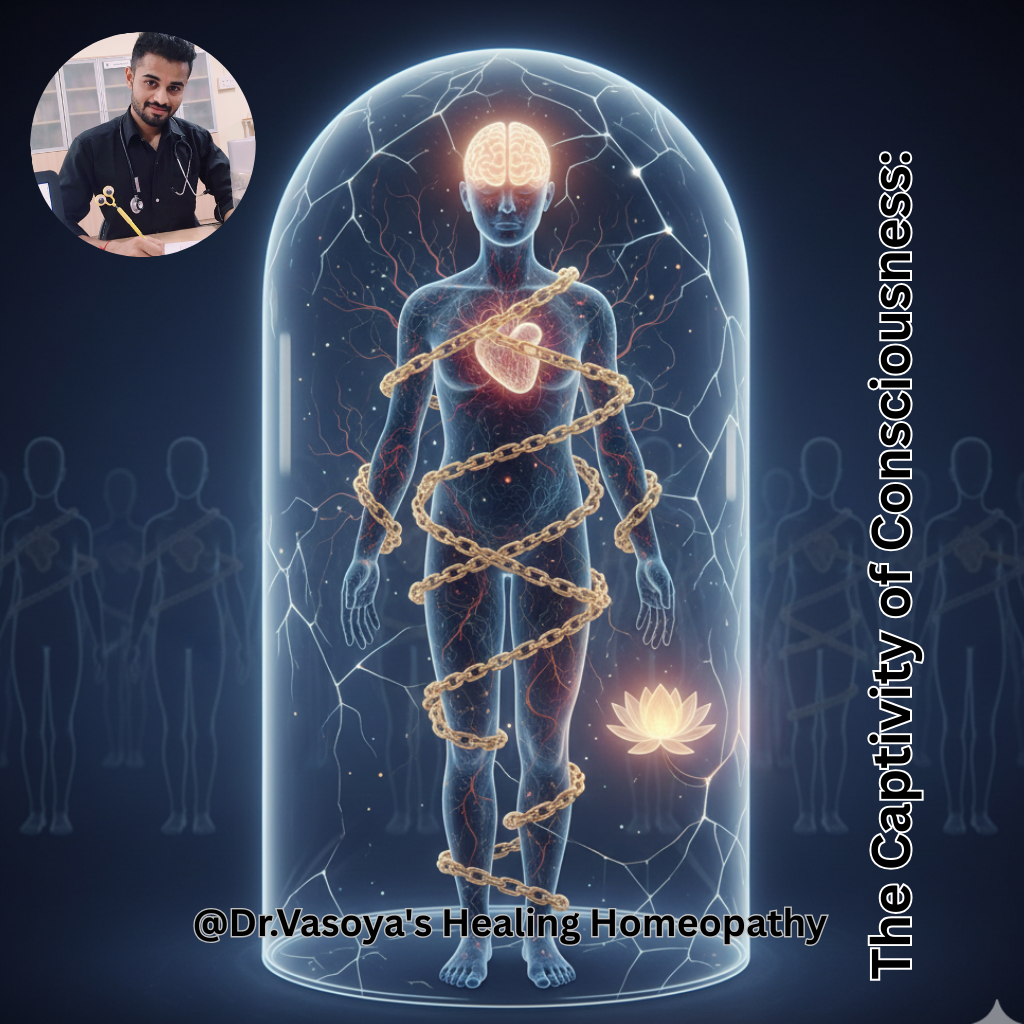
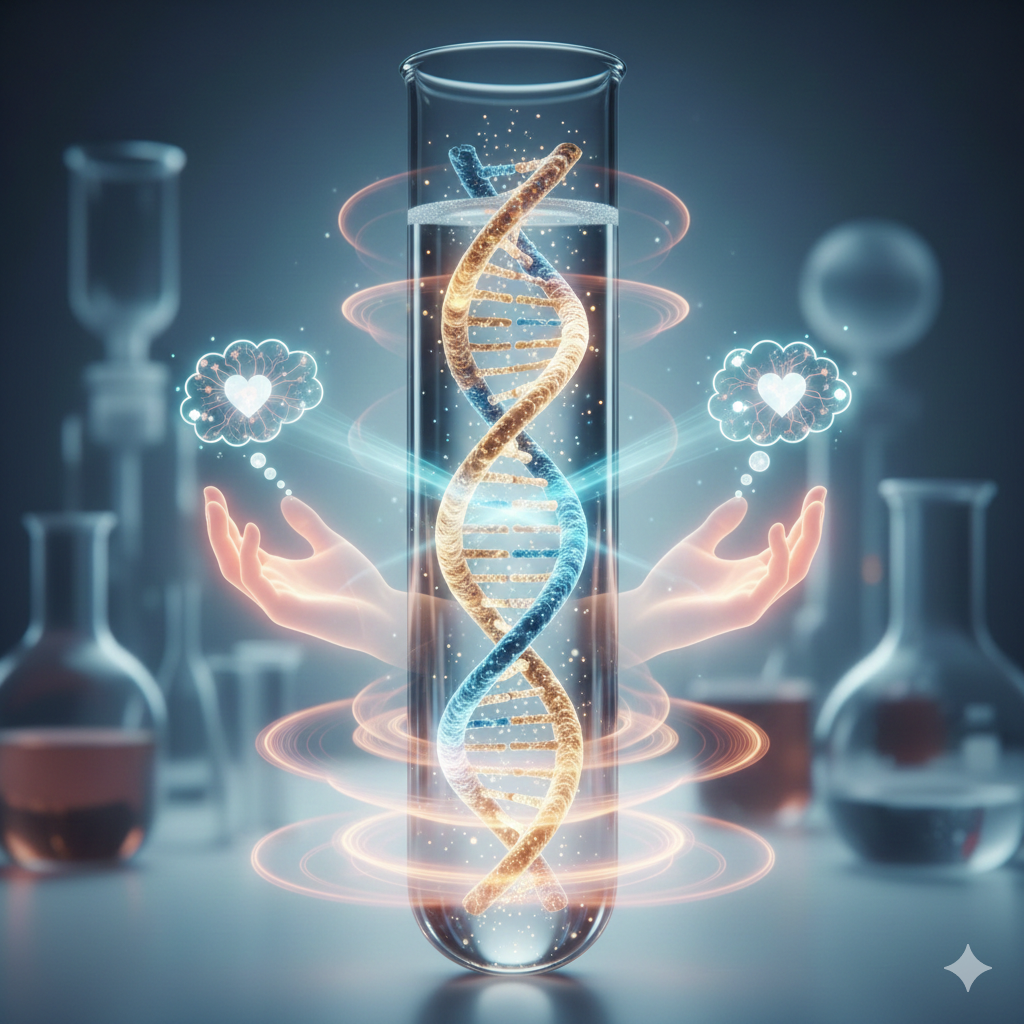
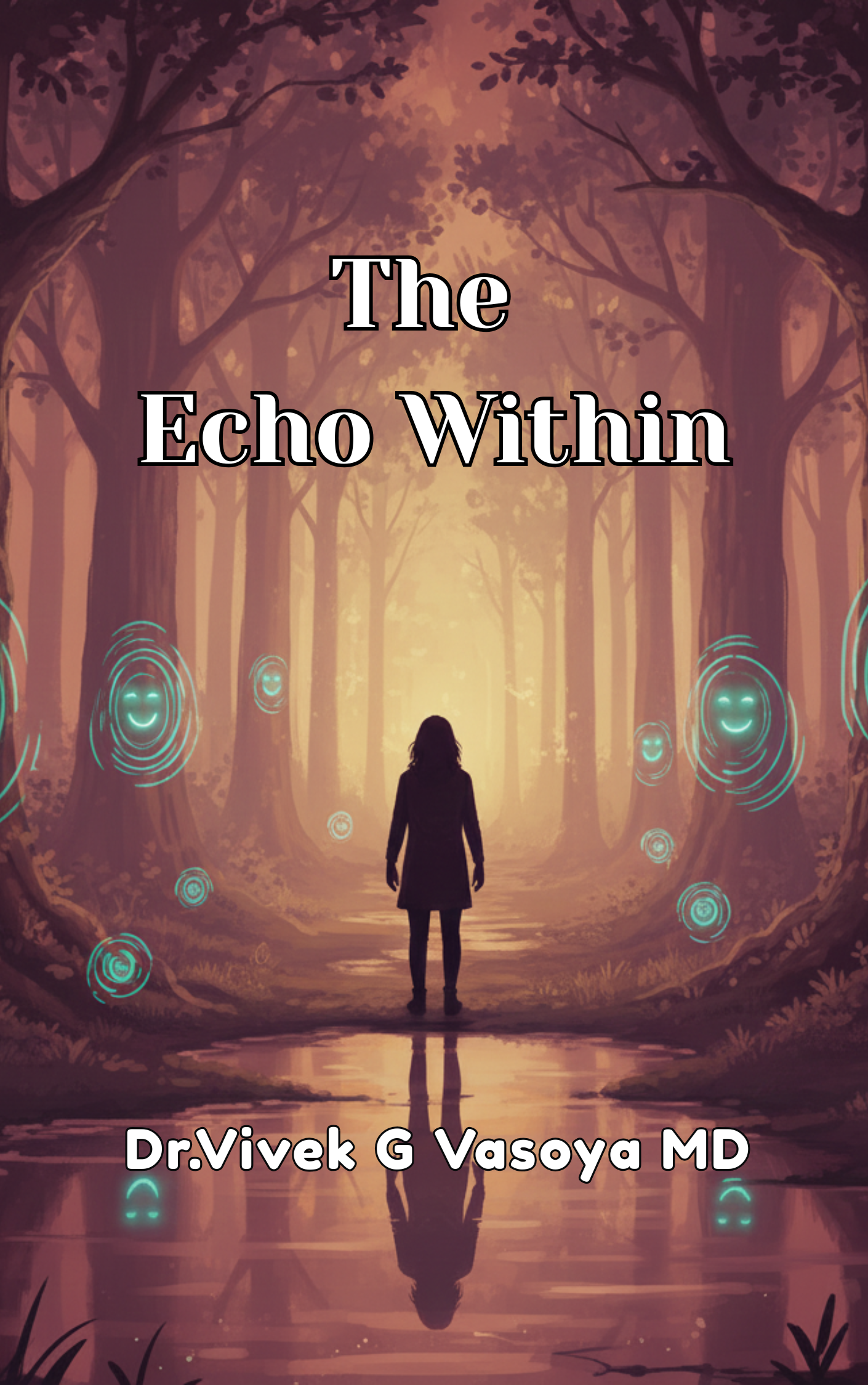


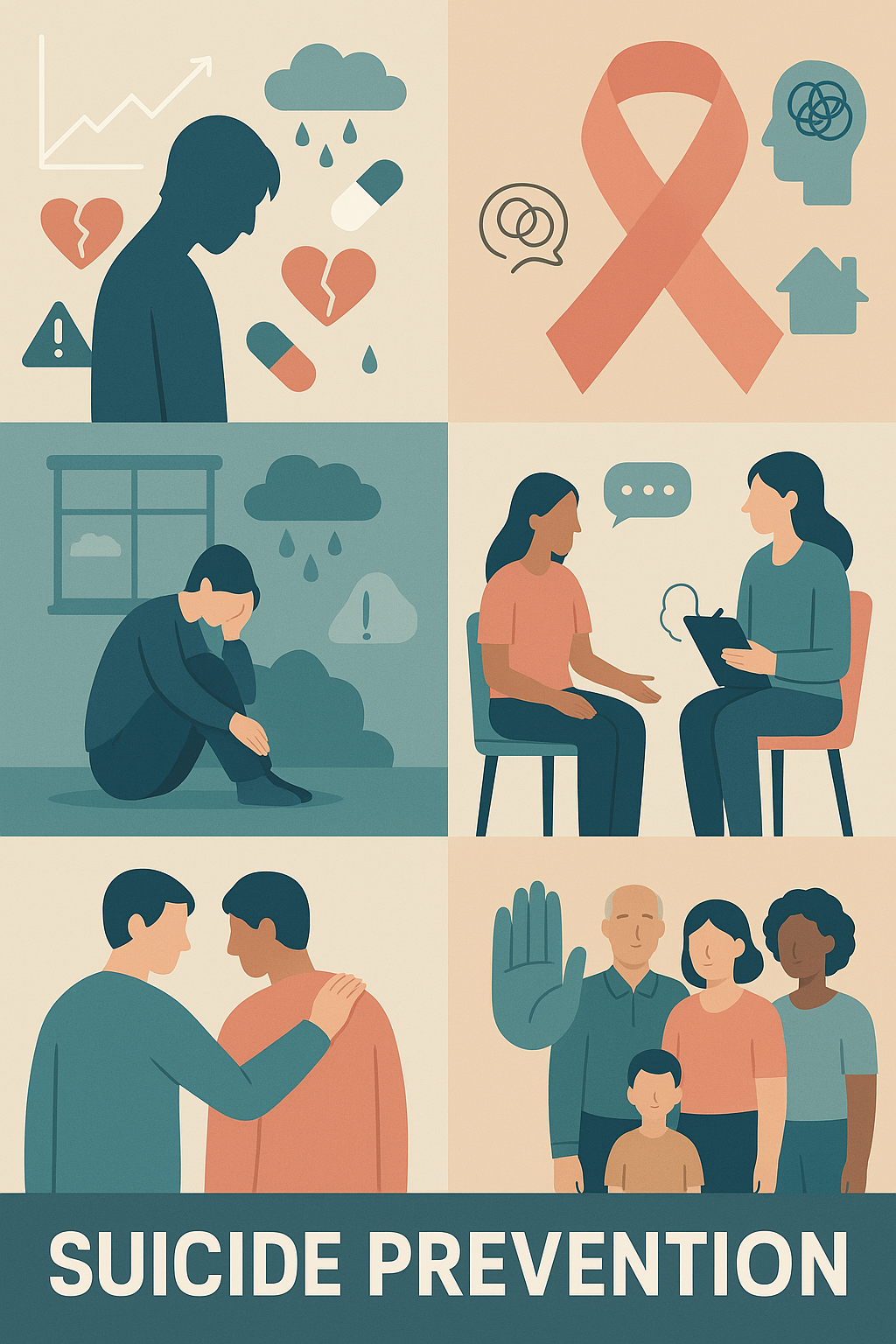
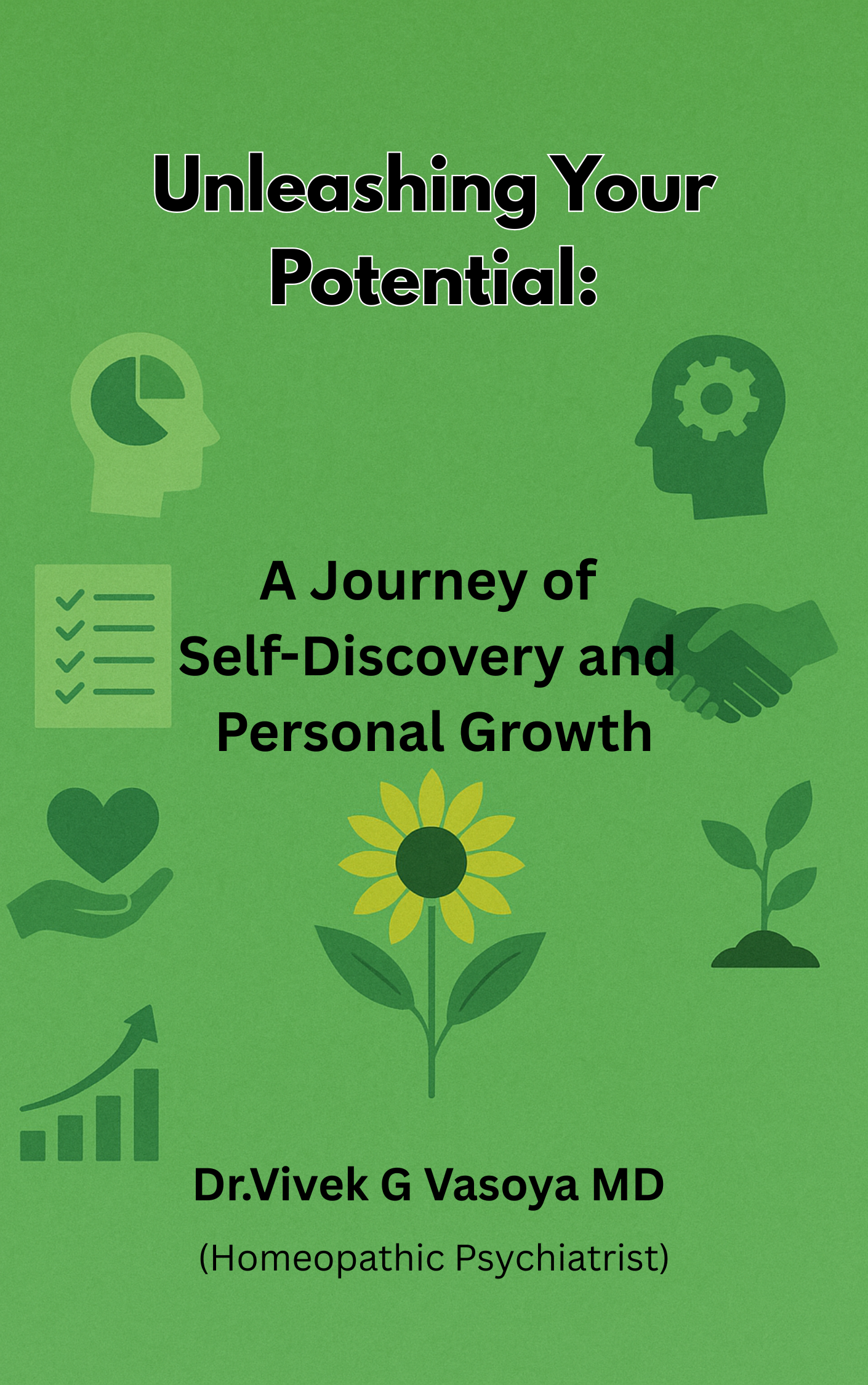
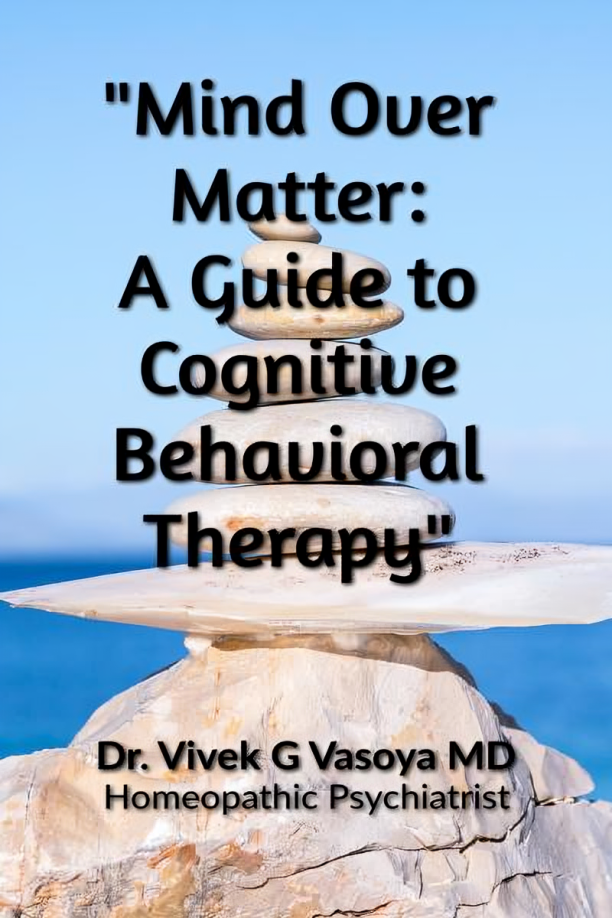
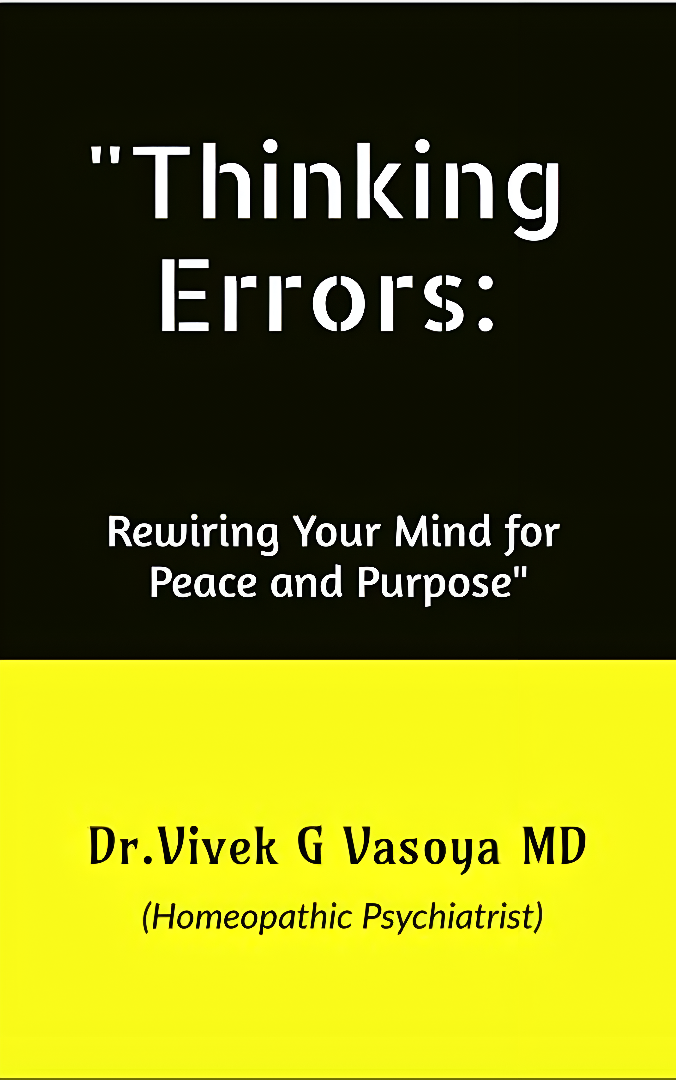
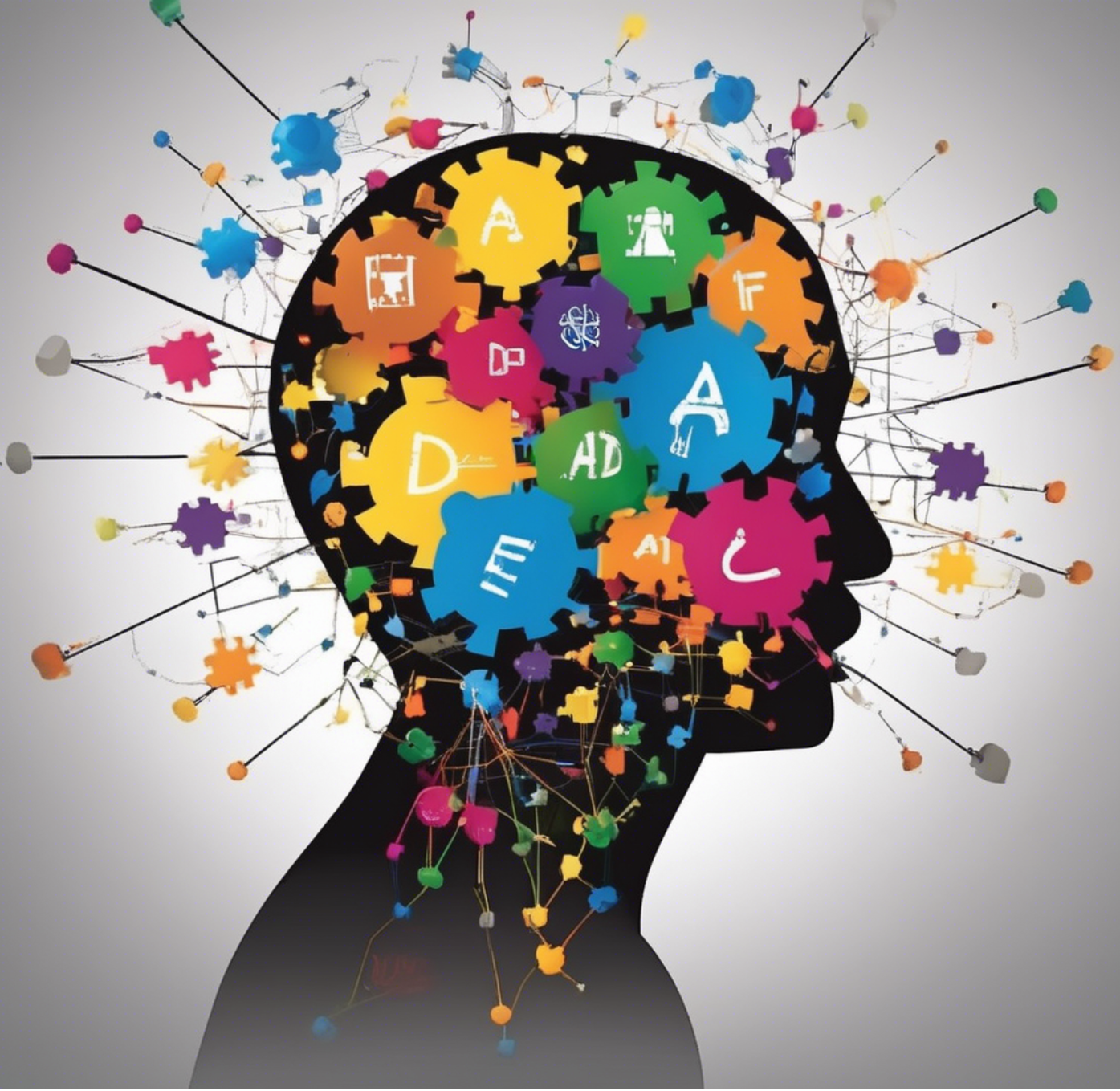
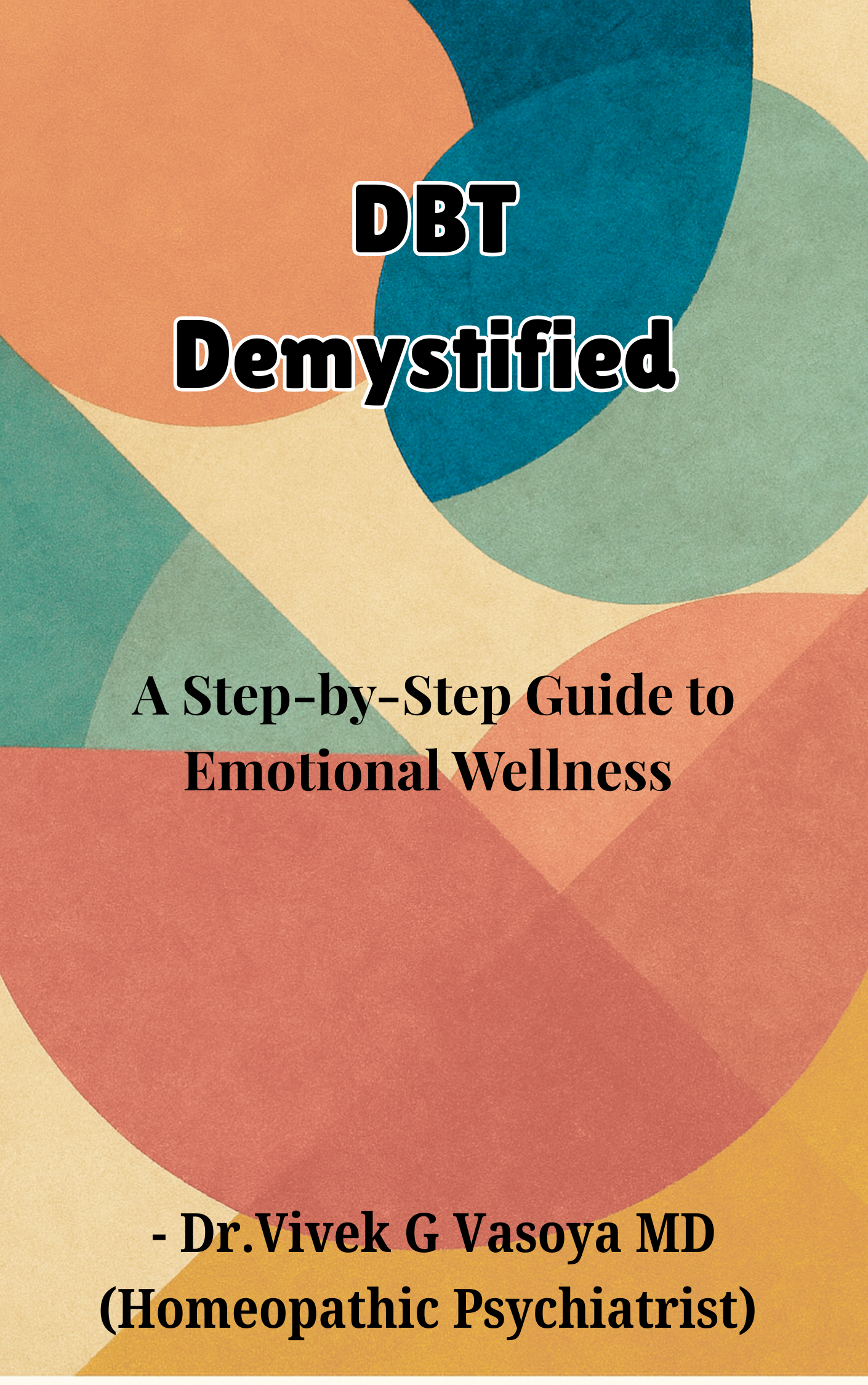
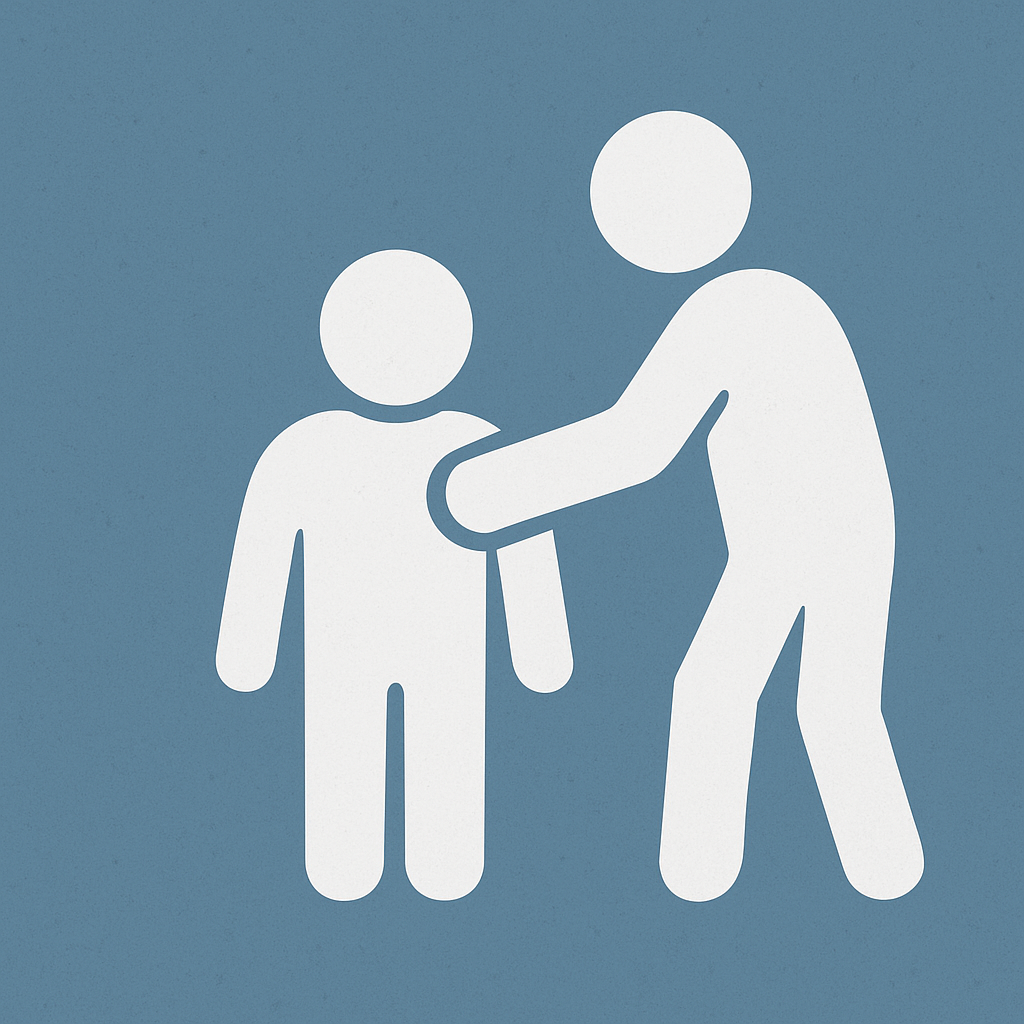
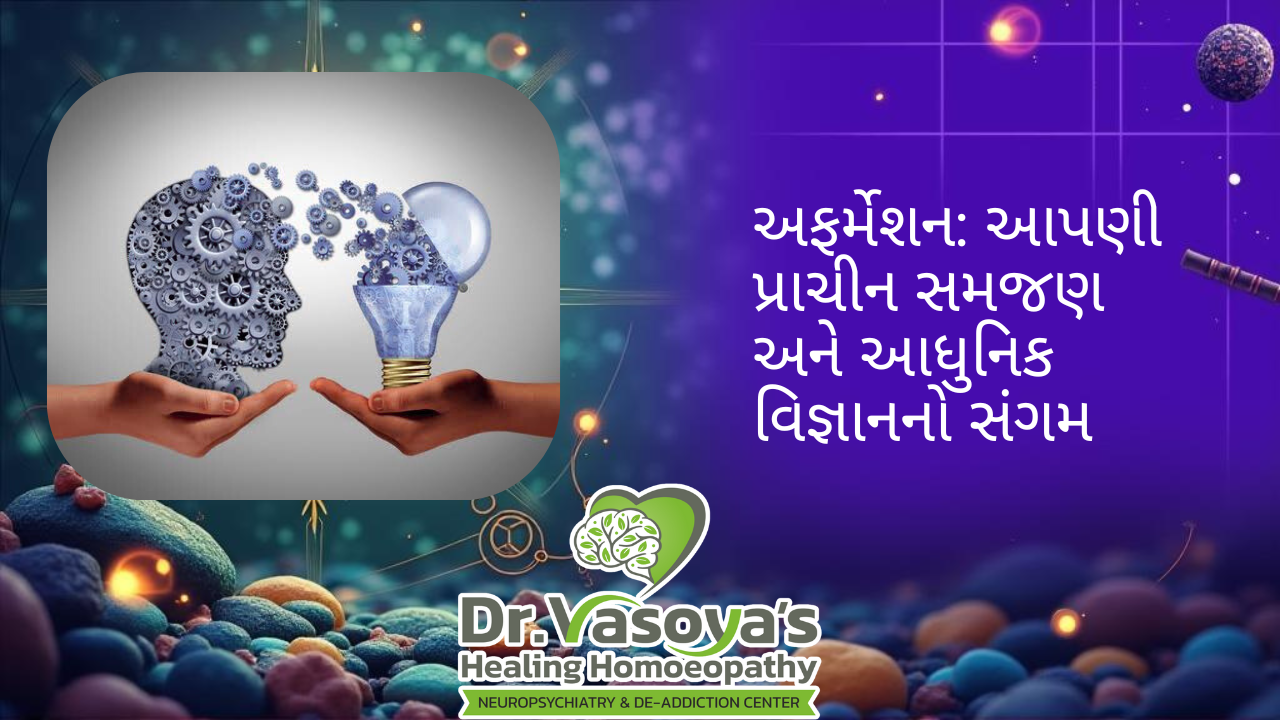
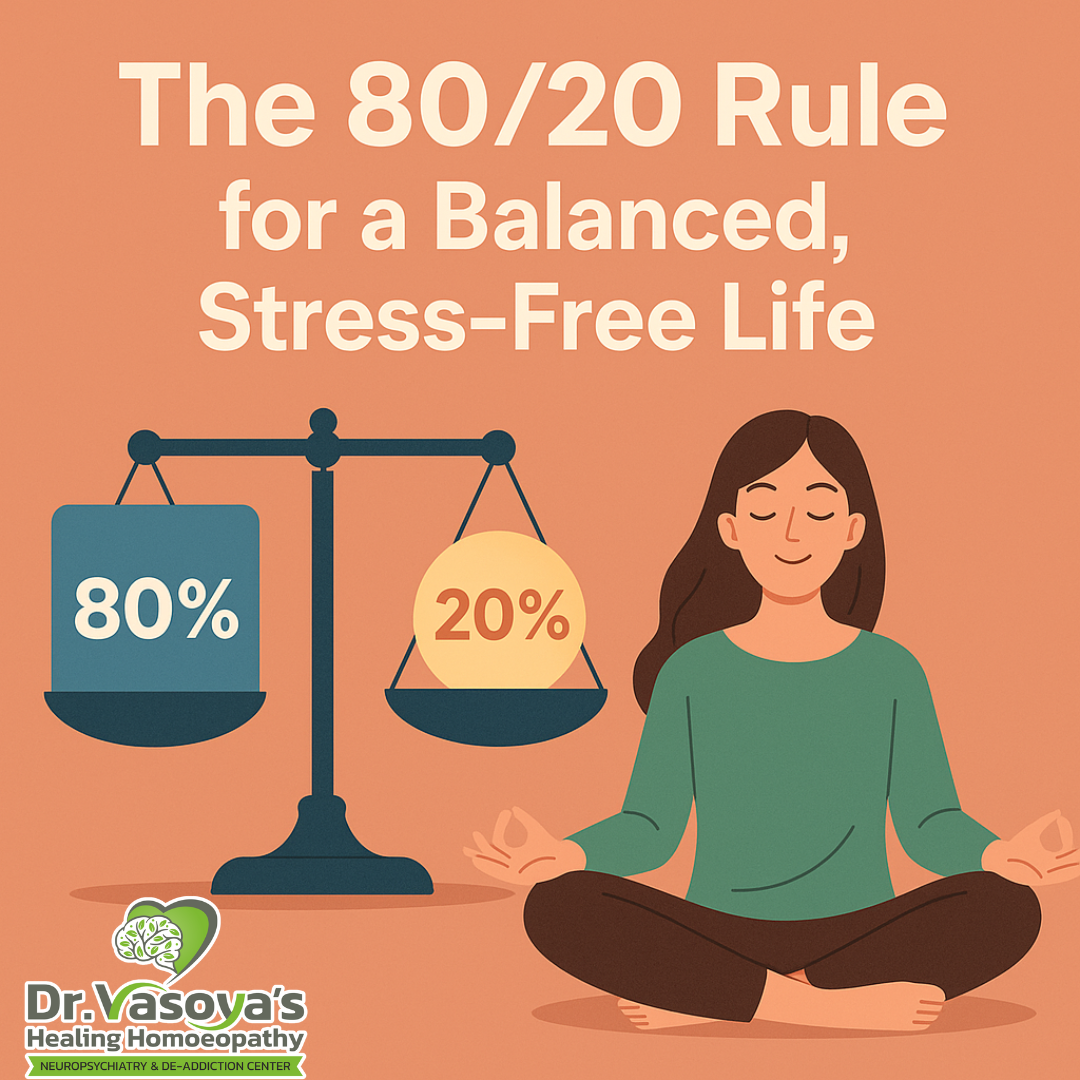
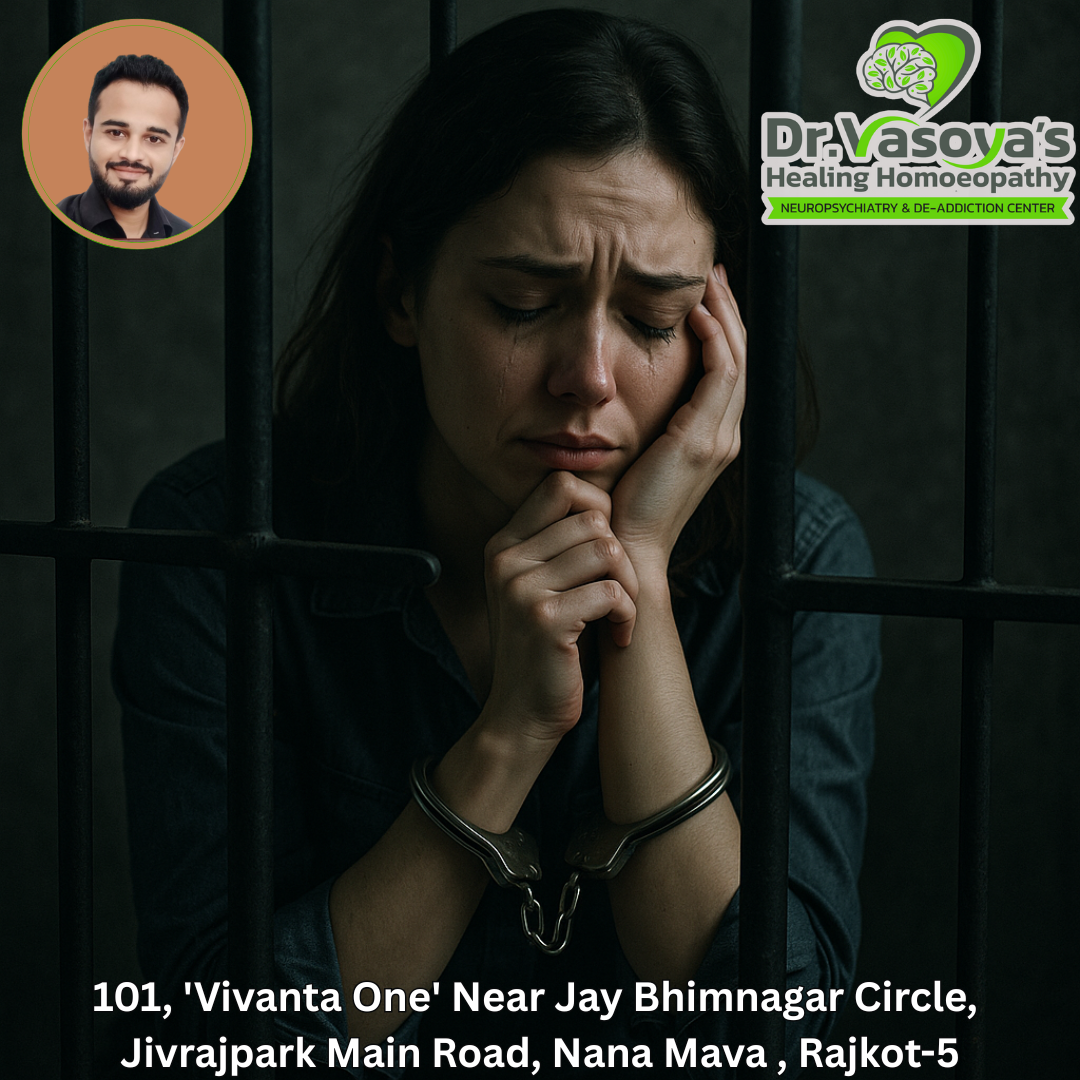
Write a comment ...